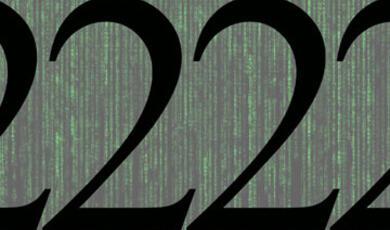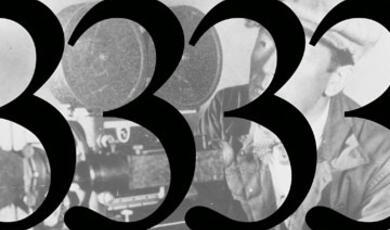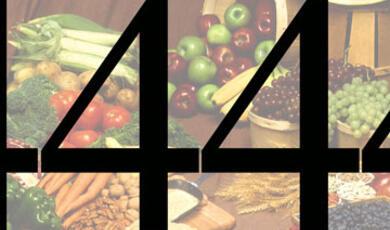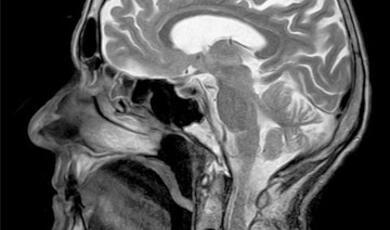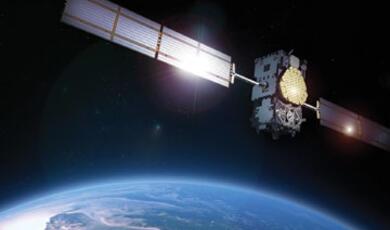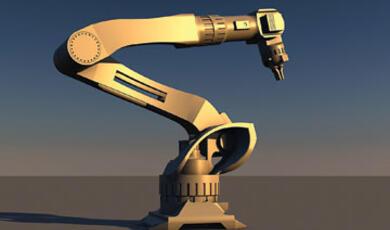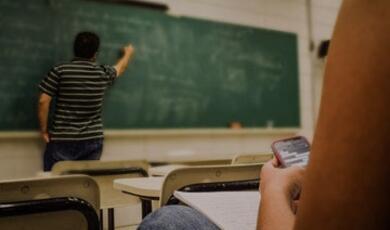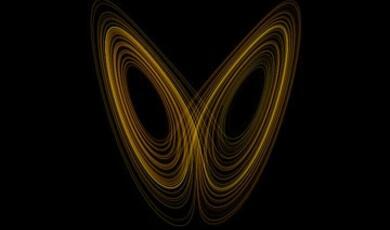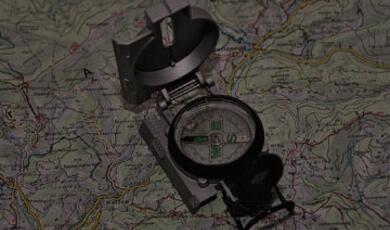In this lecture series by Professor Christopher Budd, the emphasis will be how mathematics gives us a glimpse into the future both of technology and of many other areas of our lives.
Since Newton, we have become used to science making confident predictions about the future, including on the motion of the planets and the times of the tides. However, some things seem very hard to predict, such as the stock market or the weather. Is this a fault in the way we model these systems, or is there a genuine limit to how far we can predict the future? One explanation comes from the theory of chaos, which explains why small changes now can lead to large uncertainty in the future. Professor Budd will describe how chaos theory works and how things can change rapidly.
Climate change is important, controversial, and the subject of huge debate. Much of our understanding of the future climate comes from the use of complex climate models, which are based on mathematical and physical ideas. Professor Budd will describe how these models work and the assumptions that go into them. He will discuss how reliable our predictions of climate change will be and show how mathematics can give us insights into both the past and the future.
One of the biggest advances in modern technology has been the development of GPS systems which allow us to find our position to very high precision. GPS is just the latest advance in the science of navigation, which has had a profound effect on human civilization. Professor Budd will show how mathematics has played a vital role in making navigation as accurate as it is today and the impact this has had on us all. Indeed, it is one of the few areas where Einstein's general theory of relativity directly impacts our lives.
The world's population is rapidly growing, and most of this population will live in large city conurbations. What will our future cities look like? How will the transport system work, how will people move around, and how will we supply them with energy and remove their waste? Indeed, what sort of houses will people live in and what will our communities look like in the future? Professor Budd will show how mathematical models can help us understand how cities work and how they might evolve in the future.
Mathematics education is changing rapidly and a big driver for this is the use of new technology. The widespread use of computers has transformed the way we do mathematics, with computers not only able to mark exam papers, but also to do the algebra required to answer the questions. Professor Budd will look at the modern developments of computer-based teaching and learning. At the same time, he examines the parts of teaching maths which require the human touch and a future of maths education where computers and human teachers work well together.


 Login
Login


